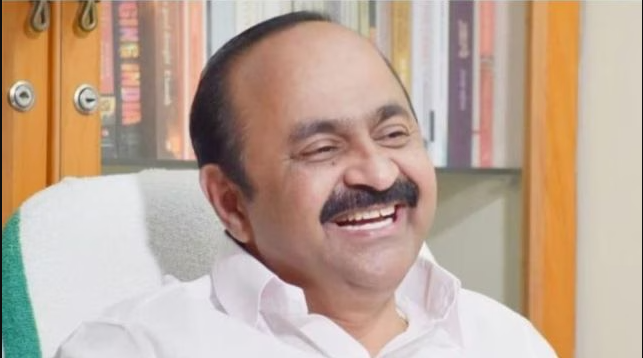India presses China for military disengagement on disputed border in Ladakh
- thisisadviksingh
- Mar 26, 2022
- 3 min read
Relations between India and China cannot be normalised until there is disengagement of troops on their tense Himalayan border, Indian Foreign Minister Subrahmanyam Jaishankar said after talks with his Chinese counterpart Wang Yi in New Delhi.
Mr Wang's unscheduled stop in the Indian capital was the first bilateral visit by a senior official from either nation since a deadly border confrontation in 2020 that strained the ties between the Asian powers.

“China's deployments since April 2020 cannot be reconciled with the normal relationship between two neighbours,” Mr Jaishankar said after a three-hour meeting with Mr Wang on Friday.
“I was equally forthcoming that India wants a stable and predictable relationship. But the restoration of normality will obviously require a restoration of peace and tranquillity. Completion of disengagement is necessary for discussions on de-escalation to take place,” he said.
Mr Jaishakar said negotiations on the issue were moving “at a slower pace than desirable” and his talks with Mr Wang were aimed “at expediting that process”.
A statement by the Chinese side said that the two sides should resolve their differences.
New Delhi and Beijing are engaged in a military confrontation along the disputed border in the northern Himalayan Ladakh region, where hand-to-hand combat between the armies left 20 Indian soldiers dead in 2020.
China said four of its soldiers were killed.
The incident triggered the biggest mobilisation of troops by both sides along their disputed border since they fought a war over their territorial claims in 1962.
Senior military officials from both sides have since held more than a dozen rounds of talks on disengagement, but with limited success.
Two meetings between Mr Jaishankar and Mr Wang at neutral venues also failed to make a breakthrough.
India maintains that the Chinese troops entered its territory, but Beijing disputes that claim.
Last December, China renamed 15 places in India’s remote north-eastern state of Arunachal Pradesh which sits on the Line of Actual Control – the largely unmarked de facto border between the countries.
Indian media reports in January claimed Chinese soldiers entered Ladakh and stopped locals from grazing their cattle.
Mr Wang arrived in New Delhi late on Thursday as part of a whirlwind tour of Asian states. Mr Jaishankar said his visit was not announced in advance at China's request.
Mr Wang drew a rebuke from India days earlier for his remarks on Kashmir, the region adjoining Ladakh that is ruled in parts by India and Pakistan but claimed by both in full.
Speaking as a special guest at the foreign ministers' meeting of the Organisation of Islamic Co-operation in the Pakistani capital Islamabad on Tuesday, Mr Wang said China “shares same aspirations” on disputed territory as Islamic nations. Islamabad and Beijing are close allies.
Mr Jaishankar said the “subject” was discussed at length during his meeting with Mr Wang.
He said the two sides also discussed Russia’s invasion of Ukraine, which both New Delhi and Beijing have refused to condemn so far.
Both China and India have close ties with Russia, but New Delhi has faced criticism from its partners in the US and European Union for abstaining from voting on UN resolutions against Moscow's actions.
“Both of us agreed on the importance of an immediate ceasefire, as well as a return to diplomacy,” Mr Jaishankar said.
New Delhi-based China analyst Srikanth Kondapalli said there were many factors behind Mr Wang's unscheduled visit, including the coming summit of Brics nations in China and the Russia-Ukraine crisis.
He was doubtful that it would help to resolve the border dispute.
“It is a complex game in which China has to see Russia survive the Ukrainian invasion, but at the same time not aggravate the American-led order while not conceding to India’s border-related demands,” he said.
“This is how Chinese pursue diplomacy and this is what Wang Yi’s visit is about.”



Comments